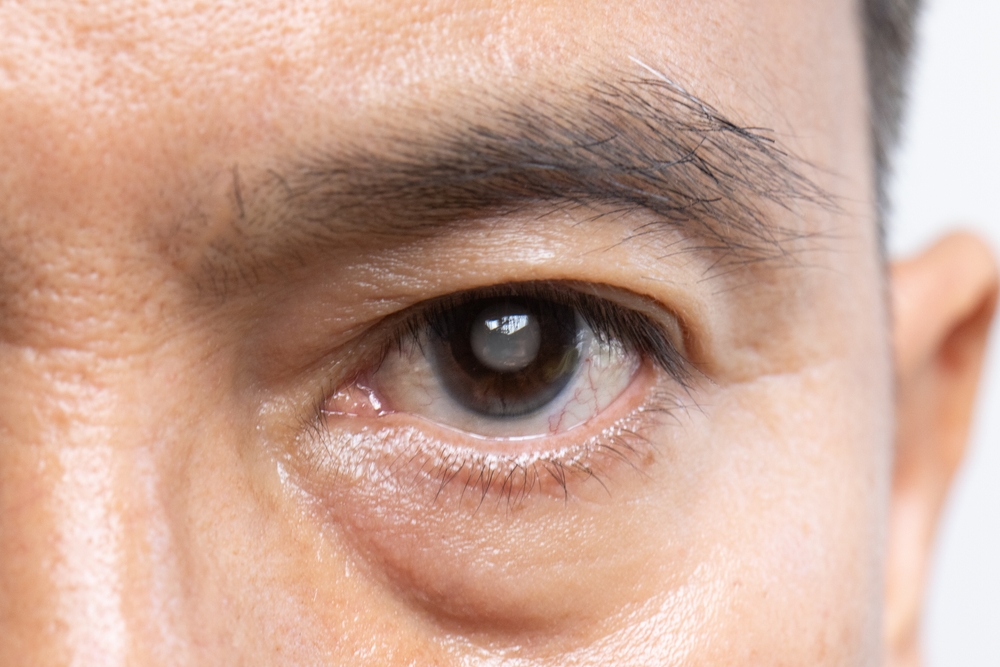What Happens During a Cataract Evaluation?

Cataracts are a leading cause of vision impairment worldwide, particularly among older adults. As we age, the clear lens of the eye can begin to cloud, forming a cataract that gradually affects vision. Fortunately, cataracts are treatable with modern ophthalmological techniques, but early detection is key. At Quality Eye Care, our cataract evaluations are designed to thoroughly assess your eye health and provide you with a personalized treatment plan if needed.
What Are Cataracts?
Cataracts occur when the natural lens of the eye becomes cloudy, often due to the breakdown of proteins over time. This clouding can cause a range of visual symptoms, including:
Blurred or dim vision
Glare or halos around lights
Poor night vision
Fading or yellowing of colors
Frequent changes in eyeglass prescriptions
While cataracts develop slowly, they can significantly impact daily life if left untreated.
Why Regular Eye Exams Are Crucial
Cataracts often develop without pain or sudden vision changes, which is why regular eye exams are essential, especially after age 60. Early diagnosis allows your ophthalmologist to monitor the progression of cataracts and recommend the right time for surgical intervention, if necessary. Timely evaluations can also rule out other vision-threatening conditions such as glaucoma or macular degeneration.
What to Expect During a Cataract Evaluation
A cataract evaluation at Quality Eye Care is a detailed and multi-step process that may include the following:
Comprehensive Medical History Review: Your ophthalmologist will begin by reviewing your medical and ocular history. They’ll ask about any vision problems, general health issues like diabetes or high blood pressure, and current medications—all of which can influence cataract development.
Visual Acuity Testing: You’ll undergo a series of vision tests, including the standard eye chart, to measure how well you see at various distances. This helps determine the severity of the cataract and its effect on your vision.
Slit-Lamp Examination: Using a specialized microscope called a slit lamp, your ophthalmologist will examine the front of your eye, including the cornea, iris, and lens. This test helps identify the presence, location, and density of the cataract.
Dilated Eye Exam: Your pupils will be dilated with eye drops so the ophthalmologist can view the lens and retina more clearly. This step is crucial for assessing the overall health of the eye and identifying any additional conditions that could affect cataract surgery outcomes.
Tonometry and Imaging: Additional tests, such as measuring intraocular pressure (tonometry) and using imaging technology (like optical coherence tomography or ultrasound biometry), may be conducted to rule out glaucoma and to plan for surgical correction if needed.
Surgical Planning and Discussion: If cataract surgery is appropriate, your ophthalmologist will explain the procedure, review lens implant options, and answer any questions. Measurements of your eye will help determine the best type and strength of intraocular lens (IOL) for you.
Schedule Your Cataract Evaluation Today
A cataract evaluation is a vital first step toward restoring clear vision and maintaining overall eye health. We committed to providing thorough, individualized care using advanced diagnostic tools and techniques. Whether you're experiencing vision changes or simply due for a routine eye exam, we're here to guide you every step of the way.
Contact Quality Eye Care to schedule your comprehensive evaluation and stay ahead of cataracts. Contact our office in Jacksonville, Florida, by calling (904) 601-1300 to book an appointment today.







